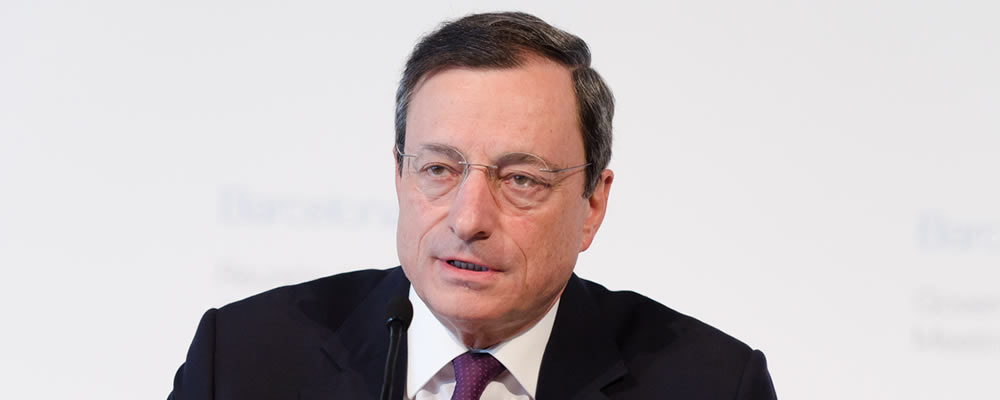The Euro Pound (EUR GBP) exchange rate pared gains on Thursday as markets responded to rate announcements from the Bank of England (BoE) and the European Central Bank (ECB), UK retail sales figures, and the recent parliamentary defeat of UK Prime Minister Theresa May.
BoE Leaves Policy Frozen, GBP Exchange Rates Fluctuate
Thursday’s BoE rate meeting had no significant effect on the Euro Pound exchange rate, with the central bank leaving monetary policy frozen – as widely expected.
The bank did, however, acknowledge that some progress has been made on the Brexit negotiation front, though policymakers continue to cite uncertainty as the diminishing factor in the future outlook of the UK economy.
Hopes that the bank would possibly shift towards the hawkish end of the spectrum were also quashed somewhat, with the bank maintaining its perspective that rates would only rise at slow increments over 2018 and 2019.
This might seem strange in light of the recent 3.1% inflation print, but the bank has maintained its view that inflation will peak at this level before steadying in the year ahead.
As a result, this event was something of an anti-climax, with the Pound only recording modest gains against the Euro.
ECB Upgrades Growth Forecast, Fails to Bolster EUR GBP Exchange Rate
Markets endured a similar let-down in the currency bloc, with the ECB’s tone also being largely cautious, although there were some optimistic soundbites from ECB President Mario Draghi.
The bank maintained interest rates at current levels, but notably upgraded its growth forecasts for the year ahead on the back of recent strong performance in the bloc.
The new forecasts are as follows:
- 4% growth in 2017
- 3% growth in 2018
- 9% growth in 2019
- 7% growth in 2020
Despite the more upbeat projections, Draghi stopped short of claiming that the ECB will meet its inflation goal in 2020, essentially suggesting that the Eurozone’s economy isn’t yet strong enough to warrant a tightening of monetary policy.
Inflation is currently expected to average at 1.7% in 2020, below the target of 2%.
This news quickly weighed on demand for the single currency, with both the US Federal Reserve and the BoE considered more likely options for rate hikes in 2018.
EUR GBP Forecast: Brexit Summit Could Trigger Currency Volatility
UK Prime Minister Theresa May is in Brussels today, with last night’s defeat in Parliament likely to be fresh in her mind.
A revolt within the Conservative party forced a change in legislation, with lawmakers voting 309 to 305 in favour of a guarantee that Parliament will get a ‘meaningful vote’ on the final Brexit deal at the end of negotiations in 2019.
Beyond this, markets do not expect that trade negotiations will start until February/March next year, even with talks due to progress onto ‘phase two’.
Leo Varadkar, Irish Prime Minister stated as much, saying:
‘There’s no exact timetable at the moment. But the indicative timetable is that we will spend the next three months or so working on the withdrawal agreement, putting into a legal international agreement what was agreed last week, talking a bit about the two year transition phase and once we have all that done, we can start talking about the new trade relationship’.
In this respect, the outcome of the EU summit seems less pertinent, though it remains to be seen if the EU member states will vote for, or against, the proposition that ‘sufficient progress’ has been made.
This vote is expected to take place on Friday, with a vote in favour liable to put the EUR GBP exchange rate under a bit of pressure and a vote against liable to give the Euro some room.



